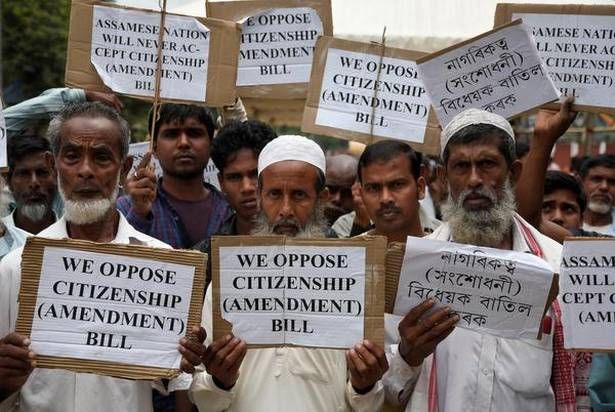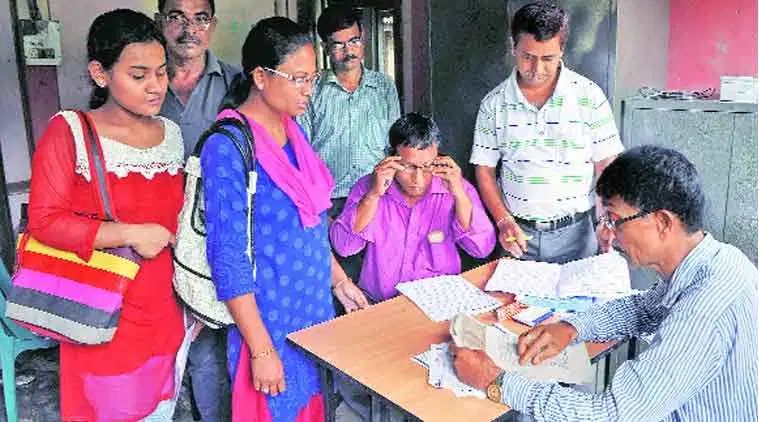National Registry Of Citizens
Sep 23, 2019 • 4 views
Migrants and refugees are not pawns on the chessboard of humanity.- POPE FRANCIS
The final list of the NRC has been released in the month of September, 2019, determining who are bona fide citizens and who are not. But it has left the population perplexed, with many questions left unanswered. It is a matter of extreme importance to understand what is going on in the state of Assam, in order to formulate more well-informed opinions about the issue, especially with the final count of a whopping 1.9 million people being excluded from the list, especially in a backdrop of growing global intolerance for migrants/refugees.

HISTORY-
The NRC was presented as a list to distinguish the genuine citizens of the state from the illegal/migrant population incoming mostly from the bordering country of Bangla Desh. Minsters like Amit Shah have stated that it is possible for NRC to extend to other states of India( such as Nagaland) as well. The first NRC was originally prepared in 1951 and then in electoral rolls of 1951, an influx of refugees was observed in Assam from Bangladesh during the time of the partition of East Pakistan, in 1971, and the following Citizenship Amendment Bill, which is considered to be politically divisive. The legal justification provided by Assam rests on the premise of the 1985 Assam Record.
A government representative( C.M Sarbananda Sonowal) assuaged fears of the people about deportation by laying emphasis on an ‘appeals process’. The police as well, have attempted to alleviate the fears of the citizens themselves.
There is a generation of much political debate and a lack of political consensus around this topic.It is important to look at the international aspects of this decision. It is pretty evident that eventually, attempts will be made to deport the declared ‘illegal citizens’. It seems imperative then, to have India and Bangladesh conduct bilateral discussions that openly address the impending chaos and confusion, which if not planned, will eventually unfold itself in unpleasant ways, countering the regional stability and challenging India -Bangladesh’s friendly relations till date, and ensure that situations they are not forced to survive like the Rohingya exodus does not repeat itself in a country like ours. There is a certain complexity attached to dealing with an issue like that of migration, and India has always, throughout the history, has had a soft corner when dealing with issues such as these, instead of adopting an unfair/exclusionist approach.

However, whenever looking at broad-based issues affecting hundreds of lives one must address the various complexities involved- Are there any long-term benefits of NRC? What will happen to the people excluded from the final list? How do the courts ensure that those excluded really are not citizens of the country? How does the whole situation play out when looking at it through a humanitarian lens?
Whatever may be the results, a big ‘What next?’ question looms over the people who mull over their current predicament with fraying nerves. The Indian Government’s objective should be to ensure that it handle the volatile situation in a more balanced manner, rather than taking any further abrupt steps. One can, meanwhile, only hope for hope for the individuals and the families of those individuals who have been excluded from the list.
Peace.
